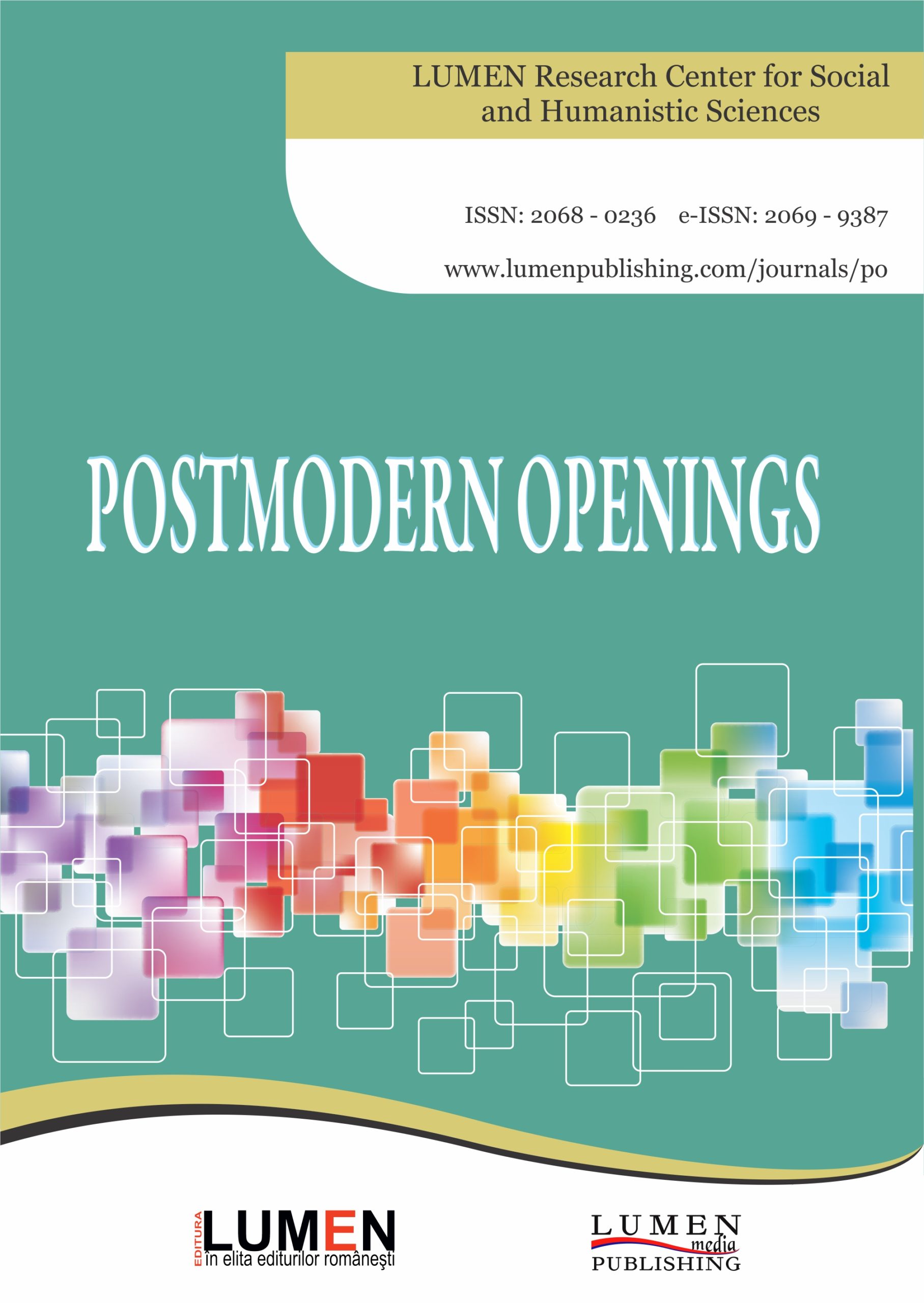The Impact of Perceived Corporate Reputation of Sport Clubs on Social Media Usage: a Study with the Lenses of Social Capital
The Impact of Perceived Corporate Reputation of Sport Clubs on Social Media Usage: a Study with the Lenses of Social Capital
Author(s): Emel Esen, Seçil Taştan, Nihan DegercanSubject(s): Social Sciences, Sociology, Sports Studies
Published by: Editura Lumen, Asociatia Lumen
Keywords: Corporate reputation;Social media;Sport club;Stakeholder theory;Social Capital theory;
Summary/Abstract: Technological developments and changes in communication systems in postmodern world have enhanced the organizations to improve their own communication infrastructures and to effectively use their internet sites. Like all other organizations, sport club institutions have considered the vital importance of investing in social media activities and creating their corporate reputation through their connections with their supporters. Thus, social media channels and public relations via social media have been the most essential tools of the organizations to build company image and increase their corporate reputation among the stakeholder groups, particularly their supporters. Taking into account the suggested influence of effective use of social media on building corporate reputation, the current study examined the relationship between supporters’ social media usage frequency and their perceptions of corporate reputation. A cross-sectional research design has been applied in order to obtain data about the corporate reputation perception levels and social media usage frequencies of the supporters as well as the demographic characteristics of the participants. The sample group was composed of 782 participants and data obtained was examined by executing statistical analyses. The findings revealed that individuals’ social media usage frequency has positive effect on the perceived corporate reputation. In addition, demographic differences were observed in terms of the social media usage frequency and corporate reputation perception. Consequently, the results of the study were discussed in the light of the conceptual background and the previous empirical evidences. The managerial and conceptual implications of the study were evaluated and future directions were presented.
Journal: Postmodern Openings
- Issue Year: 12/2021
- Issue No: 3
- Page Range: 350-383
- Page Count: 35
- Language: English

